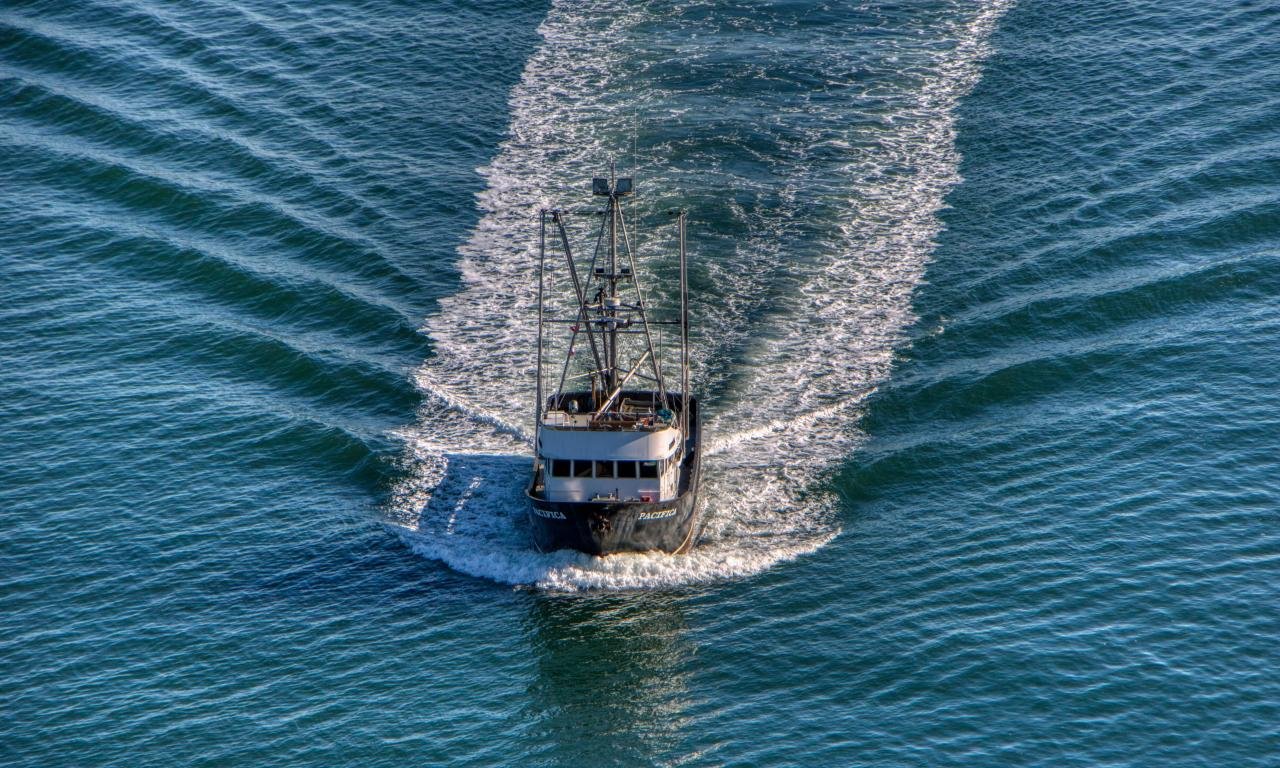Saturday, 9 August 2025

There are still major knowledge gaps, particularly around how these risks play out in different fishing contexts and how best to respond
Industrial fishing is one of the world’s most physically strenuous, hazardous and deadly jobs. It is also one of the highest-risk sectors for forced labour. A new paper led by WorldFish senior scientist Michelle Tigchelaar and an international team of researchers warns that climate change is set to make these conditions even more dangerous.
The paper outlines a conceptual framework for understanding how climate change is affecting decent work in industrial fisheries, drawing on published research, government and academic researchers and workers’ representatives.
Decent work is defined here as employment carried out in conditions of freedom, equity, security and human dignity. But the paper stresses that decent work isn’t just about eliminating forced labour. Many fishers still face wage theft, recruitment debt, unsafe conditions, extreme hours and few legal protections.
The paper points to three main ways climate change is reshaping the risks for fishers. First, physical hazards are increasing, including heat stress and injuries caused by worsening storms.
Second, shifts in fish abundance and location are driving longer trips, longer working hours and more strain on mental health.
Third, structural factors like recruitment debt, weak enforcement and immigration precarity leave many fishers, especially migrants, with little power to refuse unsafe work.
The study also reveals major gaps in data and governance. Climate models and fisheries science are improving, but there is still little attention paid to how these changes affect workers. Labour protections are often vague or unenforced, and policies across climate, fisheries and migration remain fragmented.
There are still major knowledge gaps, particularly around how these risks play out in different fishing contexts and how best to respond. The paper’s authors emphasise the need for integrated policy responses across climate, fisheries and labour systems that are informed by the experiences of fishers themselves.